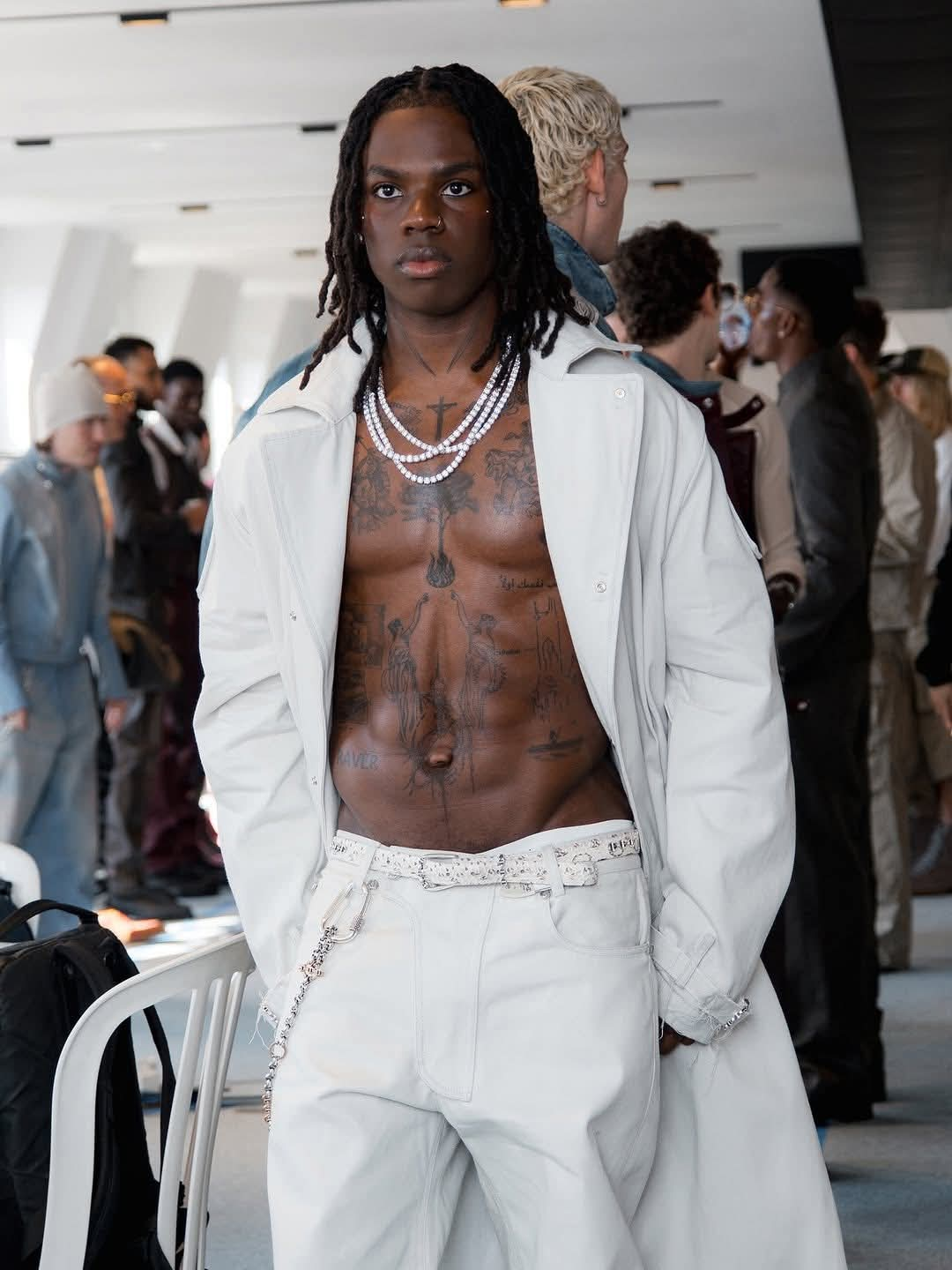Afrobeats superstar Rema has reportedly renewed his recording contract with Mavin Records, a move that has sparked considerable discussion among fans and industry observers. Many are questioning why an artist of Rema’s global stature would opt for a percentage of his earnings when he could potentially control 100% as an independent artist. However, industry insiders suggest this decision is a shrewd strategic play, highlighting the often-misunderstood dynamics of the modern music business.
The core of the discussion revolves around the financial and logistical burden an artist undertakes when operating independently versus being signed to a well-resourced label. While an independent artist might technically retain 100% of their earnings, they also bear the full weight of expenses. This includes, but is not limited to, producer fees, video production costs, marketing and promotion, touring logistics, travel, and building and maintaining a dedicated professional team. These costs can quickly erode a significant portion of an independent artist’s gross income.
Conversely, with a structured deal like Rema’s reported 30% with Mavin Records, the label shoulders the vast majority of these operational expenses. This means that Rema’s 30% is a net figure, directly reflecting his take-home pay without the immediate need to disburse funds for production, promotion, or overhead. As one source put it, “If the 30% is 500 million [Naira], it goes straight to his account.”
Furthermore, a major label like Mavin Records, founded by industry titan Don Jazzy, offers invaluable resources and expertise that are difficult for an independent artist to replicate. These include extensive networks, marketing muscle, distribution channels, and Don Jazzy’s vast experience in artist development and brand building. These resources are crucial for an artist looking to not only maintain but also expand their global reach. Going solo, while appealing in theory for control, could mean sacrificing access to these critical components of sustained success.
The sentiment among those defending Rema’s decision is encapsulated by the saying, “It is better to be the tail of an elephant than to be the head of a mosquito.” In the context of the music industry, this implies that a smaller percentage of a much larger, more successful enterprise can yield far greater financial and career benefits than owning 100% of a smaller, more struggling venture.
Ultimately, Rema’s decision to renew his deal with Mavin Records appears to be a testament to the idea that in the music business, a smaller percentage within a well-oiled, multi-million dollar machine can indeed be “bigger” and more beneficial than the theoretical 100% of an independent operation. It suggests a strategic understanding that true wealth and sustained success come not just from ownership, but from access to resources, expertise, and a robust support system.





